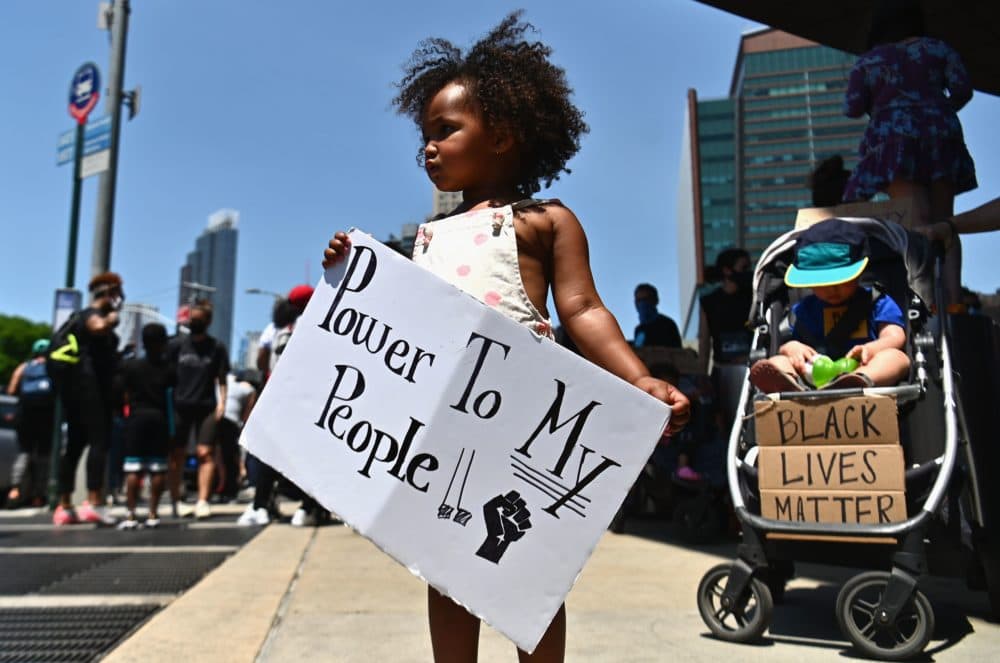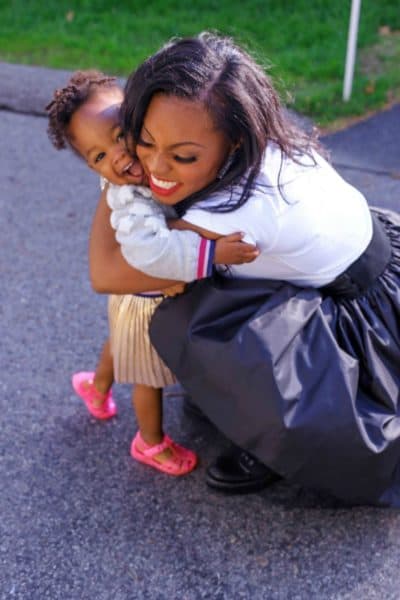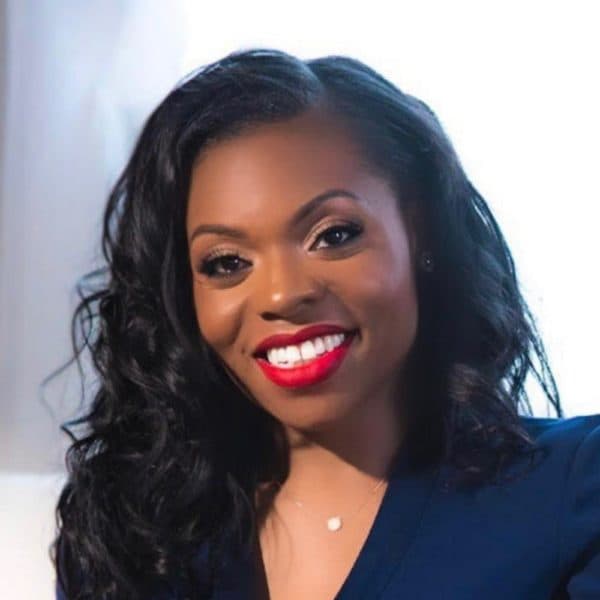Advertisement
Commentary
Why I Decided Not To Bring My Black Child To The Protests

The decision to bring your child with you to a protest is a tough one for many Black parents. For young children who are still processing the world around them, a protest can be like putting them on the front lines of a battle they are ill-equipped to fight.
Recently, one of my dear girlfriends called me to be a part of the discussion she and her husband were having about bringing their 6-year-old son to participate in a protest. She extended the invitation to me and asked if I would bring my 3-year-old daughter for a mini-protest on the main corner of a small nearby suburb.
I felt conflicted.
On the one hand, my friend and I see ourselves as activists. We are constantly engaged in combating racial injustice and addressing inequities in our jobs and in our personal lives.
On the other hand, our children are young. The clock is counting down on their innocence and their understanding of their place in an often unjust world.
This moment calls for many different forms of protest: in the streets, in the boardrooms, with our dollars, at the voting booth -- and first, at home.
My friend’s husband was terrified that while standing on a corner with a Black Lives Matter sign, his son might be cursed at, spit upon or degraded in some way. People can be unspeakably hateful. How do you explain to a child who currently sees the world as shaped by the love of their parents that there are people who do not believe they are worthy of respect and humanity?
Moreover, how do you talk to kids about the violent way George Floyd lost his life? Unfortunately, I was forced to find a way. While my husband and I were watching the news, my daughter caught a glimpse of Floyd pinned on the ground under the weight of Derek Chauvin’s knee. My daughter turned to me and said, “Mommy, he’s stuck." I could feel her innocence being chipped away in real time.
After hearing my friends out, I agreed with both of them.

Gathering with people in solidarity is empowering. Protests are public spaces to get angry, grieve, lament — and also to collectively raise our voices and find encouragement. There is not only one way to go about it. This moment calls for many different forms of protest: in the streets, in the boardrooms, with our dollars, at the voting booth — and first, at home.
Here’s why I am not sending my daughter to the front lines of a protest at this time. Throughout our entire lives, Black people live on the front lines of racial insensitivity, racial disparity and injustice.
I’ll never forget an experience I had when my daughter was 12-months-old. Her white daycare teacher set her down after a diaper change and said, “You have a butt like your mom or your grandma.” She thought it was funny. I did not. I was in shock. My shock quickly turned into anger and then hurt. What would compel her to say this? How could she think it was appropriate?
I told the daycare’s executive director what happened, and she set up a meeting. I gave her and the teacher a brief history of the degradation of Black bodies. I told them how Black women are historically oversexualized. (Statistically, Black girls are seen as adults much sooner than their white counterparts, and thereby regarded as “less innocent” than white girls. I knew all of this, I just never imagined this sexualization would start before my daughter was even out of diapers.) I asked the teacher if she would ever dream of making a similar comment to a white child.
Advertisement
When she’s ready, the decision will be her own -- and she’ll have all my support.
The entire situation left me disappointed but also awake to the types of things I may face raising a Black daughter in America. If this is what she was liable to experience in the safe setting of a daycare, what kind of indignity might she face on a street corner holding a BLM sign?
Ultimately, I decided it’s too soon to find out. She’s too young. For now, our activism lessons will be contained to the home. Before I can take her out into a protest, I want her to have a strong sense of pride and understanding of who she is. I want to build her up so that when she encounters a counter-protester or hears a teacher make a racially insensitive comment or a peer tries to belittle her, she will be so anchored in her beautiful Blackness that she’ll be ready to fight that battle armed to win.
When she’s ready, the decision will be her own — and she’ll have all my support. I'll be the one driving her and standing next to her in solidarity, confident she knows why she's there and who she is.
